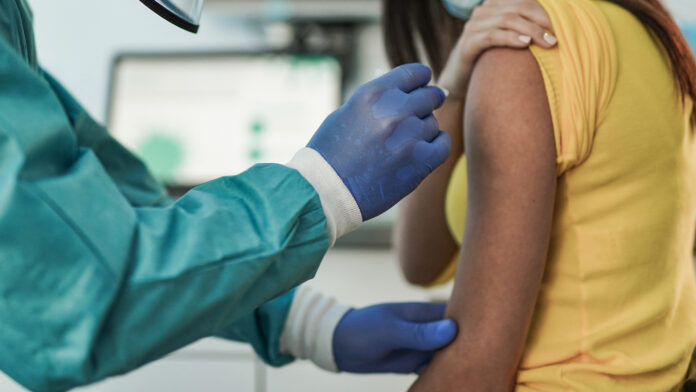The Covid-19 vaccination program has been in full-swing for several months albeit some supply issues remain. However, the biggest challenge now is vaccine hesitancy .
This is a complete turnaround for the Philippines which had the world’s greatest vaccine trust rates until 2015 when the Dengvaxia vaccine issue emerged. Filipinos started to fear any type of vaccine due to the Dengvaxia controversy. The government’s immunization campaign has since then been paralyzed by fear.
When the Dengvaxia manufacturer announced fresh results suggesting the vaccine raises the risk of severe dengue, the Philippines’ dengue immunization program which began in 2016, was discontinued.
This issue created skepticism of government vaccination efforts, resulting in a continuous drop in immunization rates among children. It is likely that the Dengvaxia issue is a contributor to the COVID-19 hesitancy.
In a study conducted by Social Weather Stations in September 2020, one-third of those polled expressed COVID-19 vaccination hesitation, with just 66 percent of Filipinos willing to get a COVID-19 vaccination.
What are some strategies for increasing vaccination trust?
Policymakers and leaders in the country must remember that they are dealing with a public that is still reeling from the events surrounding the Dengvaxia crisis.
Establish baseline trust levels
Invest in conducting surveys and Focus Group Discussions (FGDs) to determine the level of Vaccine Confidence so that issues can be identified. Once the source of the distrust has been identified, as well as the stakeholders who have a high level of trust, it will be easier to plan the vaccination program’s communication and messaging.
Build trust through communicating
Engage the community in the planning and implementation of the vaccination program for transparency. Work with frontline health-care workers, including non-biomedical health providers, to address vaccine apprehension and ensure they are confident in communicating Covid-19 vaccines.
Use all available media channels creatively, especially social media, and whenever possible, use all available languages and dialects. Provide platforms for people to ask questions and express their concerns. When information is unavailable, explain why, and don’t assume that the public won’t understand.
Monitor
Collect and analyze community feedback on a regular basis to better understand emerging and evolving misconceptions, rumors, and concerns. Monitor public perceptions of vaccination campaigns and vaccination experiences at the same time.


